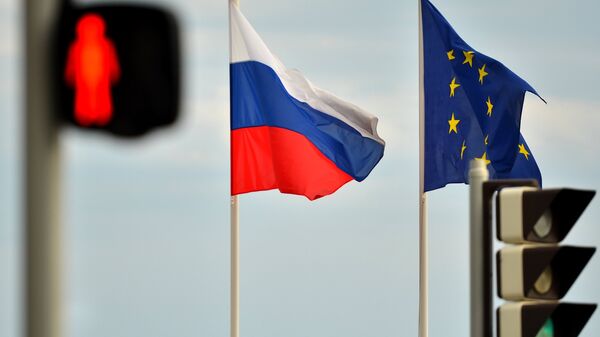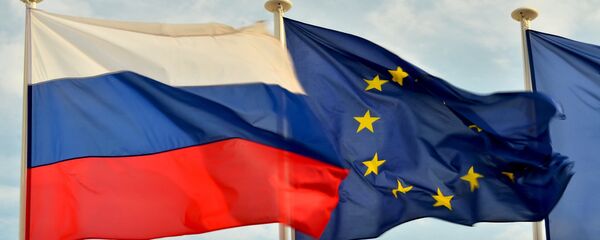"On 19 December 2016, the Council prolonged the economic sanctions targeting specific sectors of the Russian economy until 31 July 2017," the Council of the European Union said in a statement.
@EUCouncilPress Please explain why u r not applying the same sanctions against Turkey which is does same exact thing u claim Russia is doing
— Creditanstalt (@credit_anstalt) 19 декабря 2016 г.
In particular, the sanctions
- limit access to EU primary and secondary capital markets for five major Russian majority state-owned financial institutions and their majority-owned subsidiaries established outside of the EU, as well as three major Russian energy and three defense companies;
- impose an export and import ban on trade in arms;
- establish an export ban for dual-use goods for military use or military end users in Russia;
- curtail Russian access to certain sensitive technologies and services that can be used for oil production and exploration.
At a summit in Brussels on December 15, the leaders of EU member countries adopted a political decision to extend the anti-Russian sanctions, which were initially introduced in 2014 over the conflict in Ukraine, citing the failure to implement the Minsk peace agreements.
Russia has been targeted by several rounds of sanctions inflicted by Brussels, Washington and their allies in light of Crimea’s reunification with Russia in 2014 and on the pretext of Moscow's alleged involvement in the Donbass conflict, a claim that Russia has repeatedly refuted.
Never miss a story again — sign up to our Telegram channel and we'll keep you up to speed!


